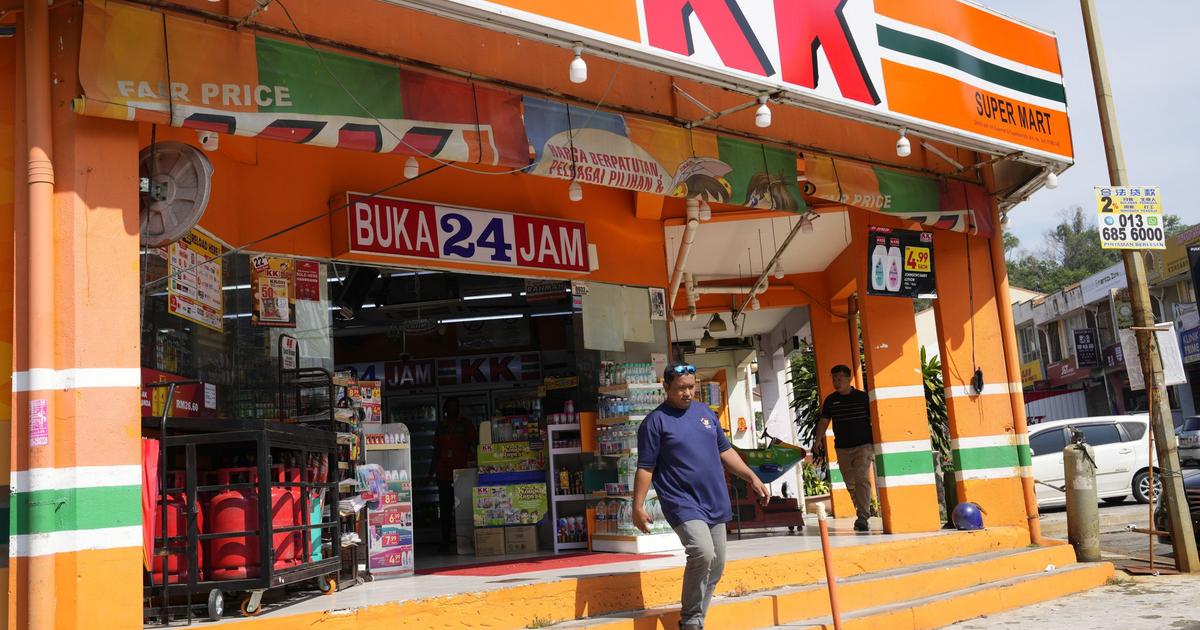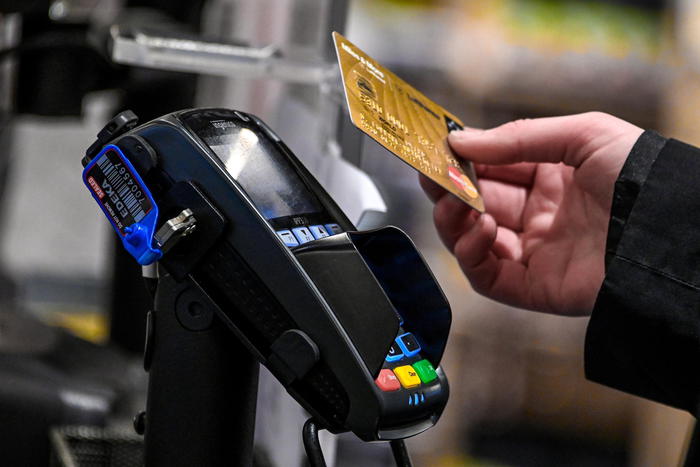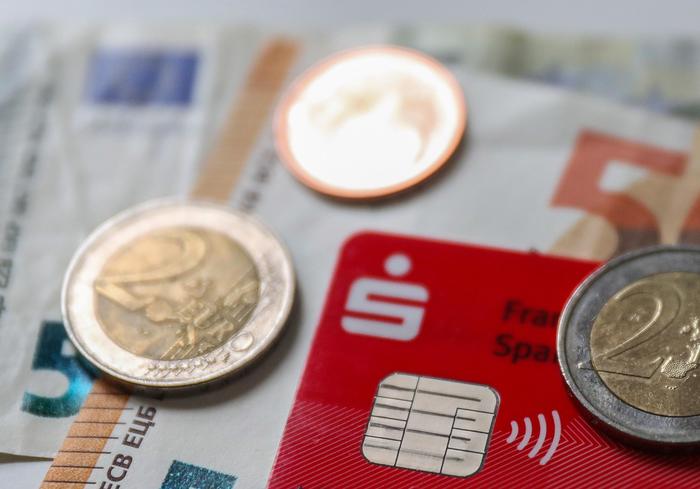[Ho Chi Minh City / Hong Kong / Singapore 17th Reuters]-Over 20 stalls standing next to the financial district of Ho Chi Minh City are decorated with colorful banners that appeal for cashless payments. The payment system is supported by private equity company Warburg Pinkas, dispatch service grab and Singapore's government fund GIC.
At the stalls, everything from crab soup to Vietnamese sandwiches, Bain Me, is sold, but most of the 28 cashless payments (e-wallets) in Vietnam can be used for payment. If you use an e-wallet, you can also send money via a mobile phone.
eWallet companies want to follow Vietnam's plan to achieve a cashless economy by 2027, and are competing hard to get more users to make a profit.
Vietnam is one of the hot spots for intense market share battles among eWallet companies in Southeast Asia. But not all businesses survive. According to consulting firm Oliver Wyman, the mobile payments sector in Southeast Asia is over-competitive and is already shrinking, and the market-supported e-wallet is expected to be limited to two per country.
<The most important thing is financial power>
“The eWallet business is a huge asset for acquiring and retaining customers and using services in everyday life,” said Duncan Woods, head of retail / corporate banking business in Asia Pacific. I am investing. "
“If you have so many services, it ’s important to know where you have the most money.”
At least 150 companies in Southeast Asia have e-wallet business licenses. Grab, Gojek, Tencent Holdings, Ant Financial, Singapore Telecom, AirAsia and many other fintech companies compete for victory.
There are many companies with rich financial resources. Grab plans to invest 500 million dollars in the Vietnamese business while focusing on payment services. In July, SoftBank's Vision Fund and GIC invested $ 300 million in the parent company of e-wallet "VN Pay (VNPAY)". “Momo” raised $ 100 million from Warburg Pincas in January. Both are reported by Deal Street Asia.
As companies rush to secure a dominant position in the mobile payments market, some companies use funds to expand their business while others buy existing businesses. Nomura Research Institute estimates that the market size will expand to 109 billion dollars by 2025.
<Even the owners of confused stalls>
According to a number of information providers, Grab, supported by Softbank, is in the process of negotiating a merger between Indonesian digital payment company OVO and Dana, supported by Ant Financial. Both OVO and Dana are among the top five e-wallets in Indonesia, and the aim of the merger is to increase the scale and competitiveness and outperform rival Gojek.
In June, e-wallet "Vimo" merged with payment processing company MPOS (mPOS) in June, launched a new brand called "Next Pay", and started raising $ 30 million with an ambitious growth plan did.
NextPay Nguyen Phu Chuat CEO said, “We will expand all over Vietnam and expand the number of stores available from the current 60,000 to 300,000 and gain 50% market share.” He pointed out that changing payment practices would be a challenge.
The Vietnamese government is also making efforts to encourage consumers to change their payment practices, but Ho Chi Minh City stall owners recognize the difficulty.
According to food stall owners, some e-wallet services, including those in partnership with domestic companies Mocha and Grab, offer up to 30% discount on wallet payments.
At a noodle stall where a reporter from Reuters visited, a shop owner named Huong said, “I want to follow the government's plan for cashlessness, but I don't really like it. “Cash in the morning, card in the afternoon” system. ”
<Various strategies>
As the turning point toward cashlessness is approaching, gathering users has become the utmost proposition.
Phil Pomford, General Manager of the Asia-Pacific region at FinTech FIS, said, “As the product matures and consumers switch to companies that offer the best services,・ It is very likely that e-wallet service integration will proceed at the domestic level. ”
“One possible scenario is that one of the major integrated apps on a global scale and / or within the region will integrate services across Southeast Asia.”
The largest e-wallet operators in Southeast Asia, such as Grab and Gojek, who started their business with a dispatch app and expanded their business into integrated apps, have become a major payment method, and have surrounded consumers in their networks, making them more profitable We expect to be able to provide services. This business model has been developed by Alibaba and Tencent in China.
Grab President Ming Maa told Reuters: “One of the reasons why our payments business has been so successful is the largest, whether offline, online or on demand. “I had a very ambitious strategy to build a store network.”
Some companies aim to use e-wallets as an additional service to existing businesses. AirAsia's e-wallet “Big Pay” has the advantage that the conditions for using AirAsia are advantageous, and it is expected to become a major payment method.
Although Tencent, Alibaba and its affiliates are primarily targeting Chinese tourists who use their wallets in Southeast Asia, they also invest in local e-wallet businesses in almost every market in the region.
Grab says that in Southeast Asia, only the company holds licenses for electronic money payments in the six major countries, and is in a position to reach the widest scope in the region.
<Business models with question marks>
But among some intellectuals, skepticism remains.
Dmitry Levit, a partner of venture capital firm St., has a number of e-wallet business models: (1) gaining many customers and holding data, (2) possible success Sex is questionable, and (3) it has a very high profit margin. Cent invests in several payment processing companies, but is far from the eWallet business.
Aldi Haryopratomo CEO of Gojek's payment platform Go-Pay says he is not worried about competition with other e-wallets or existing companies.
“By becoming a payment operator that connects drivers to banks, we have secured a sufficient profit margin. The size of the pie is limited if we are only concerned about the threats from competitors and banks. “I feel like that,” says Hario Pratomo. He added, "In fact, the pie is getting bigger in Indonesia."
(Phuong Nguyen, Alun John, Anshuman Daga)












/cloudfront-eu-central-1.images.arcpublishing.com/prisa/KMEYMJKESBAZBE4MRBAM4TGHIQ.jpg)


